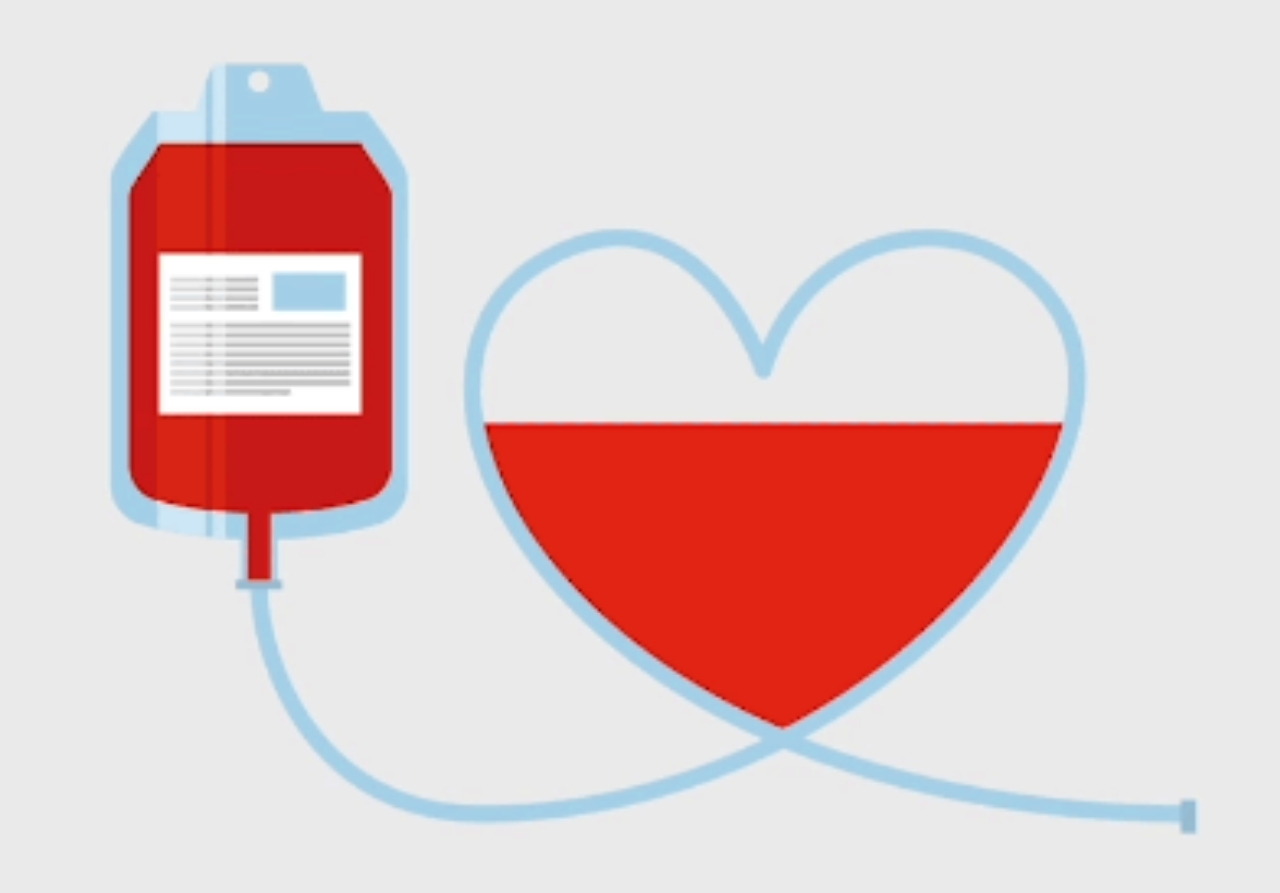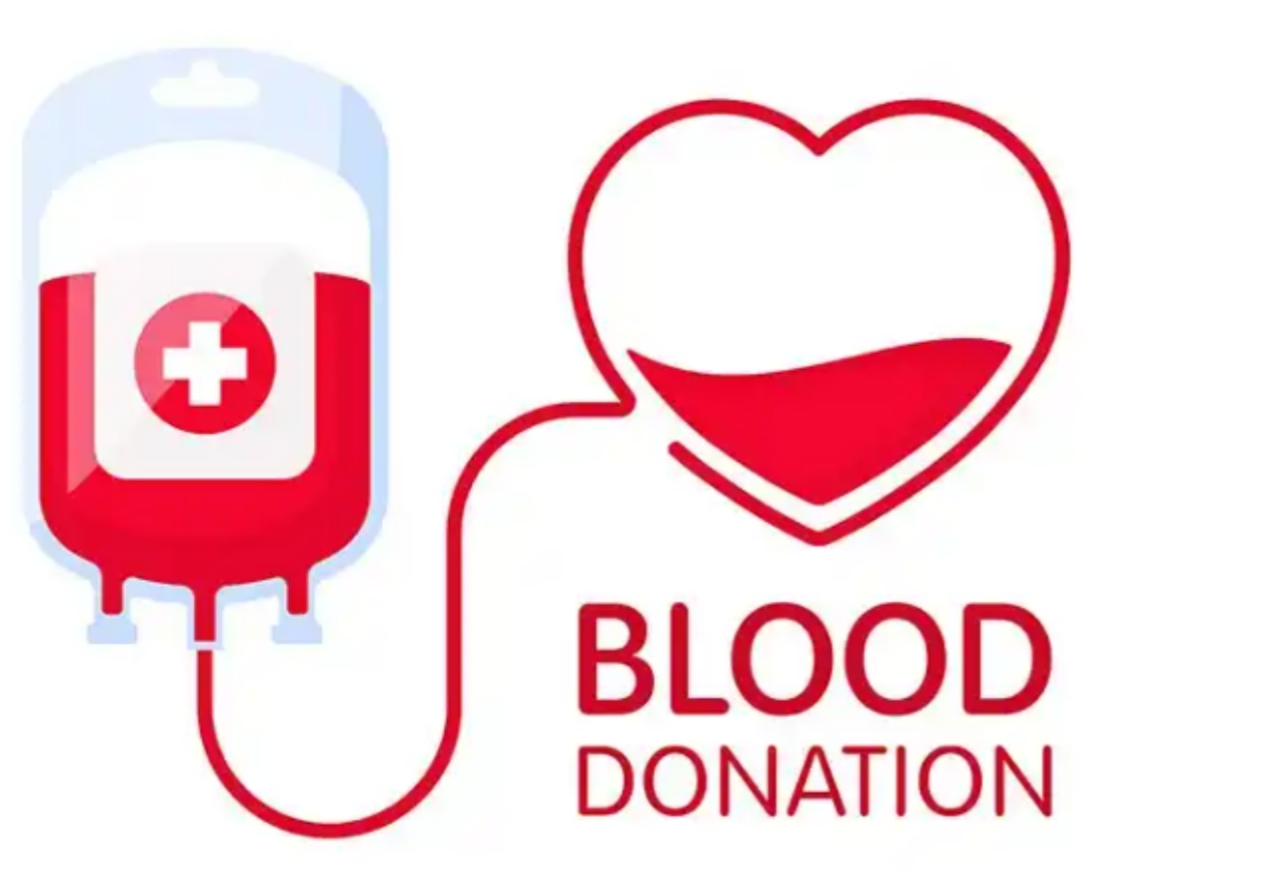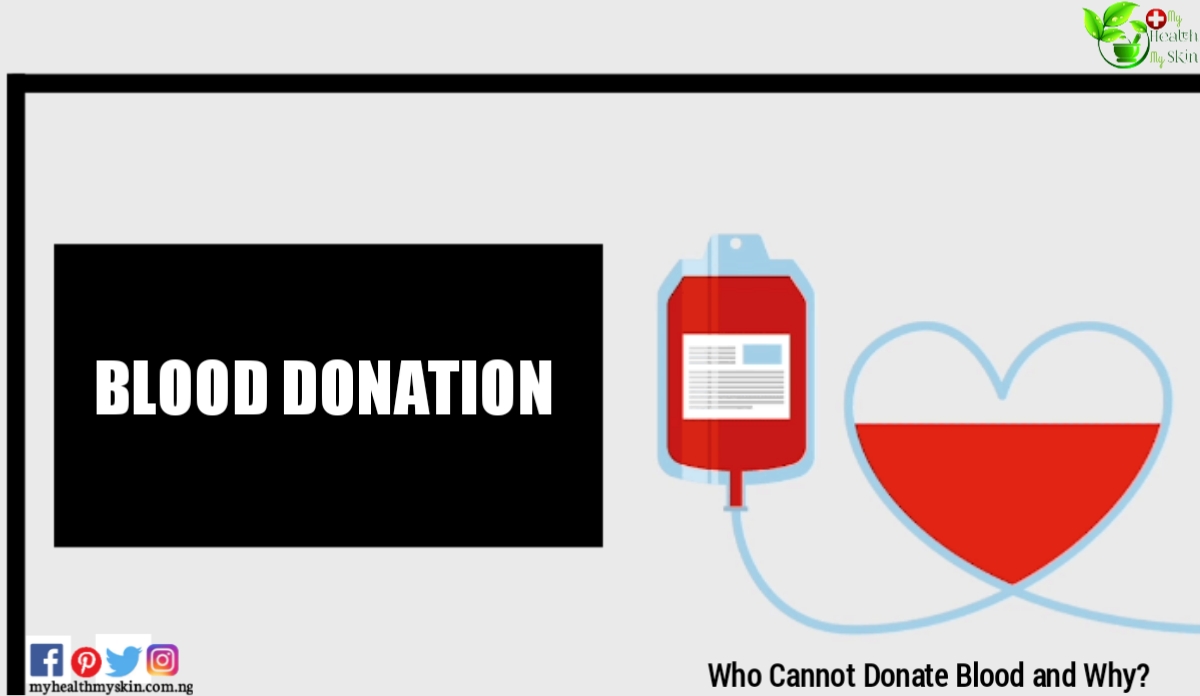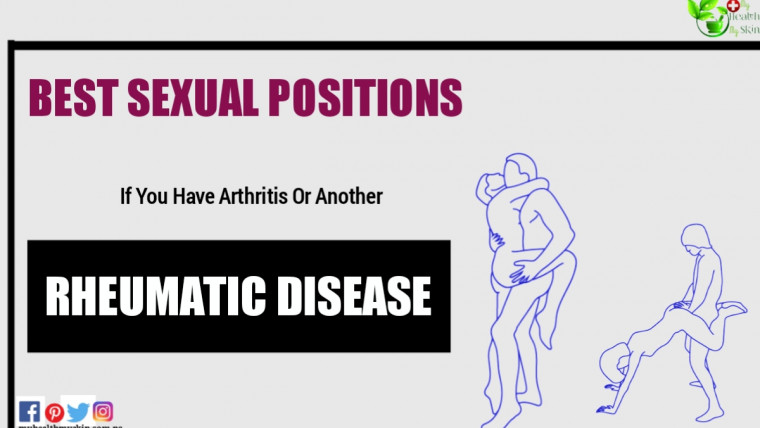Giving blood is a very generous and extremely necessary attitude, but there are some restrictions on who can donate to protect the health of both the people who will receive and those who are donating.
It’s also worth noting that donating blood is good for your own health and makes you feel good about yourself.
According to statistics from the Ministry of Health, Each year, an estimated 6.8 million people in the United States donate blood. 13.6 million units of whole blood and red blood cells are collected in the U.S. in a year.
About 45% of people in the U.S. have Group O (positive or negative) blood; the proportion is higher among Hispanics (57%) and African Americans (51%).
Someone needs blood every two seconds. Only 37 percent of the U.S. population is eligible to donate blood – less than 10 percent do annually.
Also, according to health statistics, In Brazil each bag of blood can save up to four lives and around 3.3 million people are blood donors in the country, that is, 16 out of every thousand people donate blood regularly.
[lwptoc]
Types Of Blood Donation

There are three types of blood donation. Are they:
Voluntary Whole Blood Donation
Most blood donations are made through volunteers who have no connection with the person who will receive the blood, and this is the type of voluntary whole blood donation.
Once donated, blood is usually separated into components.
Donation Of Platelets Or Other Blood Products
The donation of individual platelets or other blood products is done through a process called apheresis.
This type allows volunteers to donate only one blood component.
In it, blood is drawn through a vein in the arm and a machine separates the necessary component (usually platelets, although red blood cells, white blood cells, and plasma can also be collected in this way).
The rest of the blood is then returned to the donor, usually through a vein in the other arm.
This procedure can take about 2 hours or more, depending on which blood component is being collected.
The advantage of this type of donation is that, as most of the blood is returned, it is possible to collect a large amount of the necessary component.
During the apheresis procedure, donors may experience a cold or tingling sensation in the nose and lips, but this disappears once the procedure is complete.
This is due to the medication used to stop the blood from clotting in the machine.
Autologous Donation
The third type of donation is the autologous donation, in which the person donates blood to himself.
Blood Donation: Who Can’t Donate Blood?

1. People Under 16 And Over 69 Years Old
To donate blood, the person must be between 16 and 69 years of age, but people over 60 years old can only do so if the first donation was made before their 60s.
In the case of people under the age of 18, that is, legal minors, the following documents are required:
- Authorization to donate blood and blood products, duly filled in and signed by a parent or legal guardian;
- Minor’s identity document;
- Simple copy of the identity document of a parent or legal guardian.
However, people under the age of 16 can donate blood for their own use before a scheduled surgery or in situations where the blood has special medical value for a particular patient, such as a family member.
People aged 70, on the other hand, are unable to donate because the body is undergoing changes and donation can cause discomfort for the donor.
2. People Who Have Had Piercing, Tattoos Or Permanent Makeup
This is due to the high chances of infection, especially when one of these procedures is done in the mouth or vagina.
If done elsewhere, you should go a year without donating, and if you have a piercing removed, you should wait up to a year after it was removed.
This is because piercing the skin with a needle is a way to transmit diseases such as hepatitis B, C and HIV, and even though they are tested before the donation, it takes some time for the contamination to be detectable.
Therefore, to prevent the transmission of a disease, wait as long as necessary to donate blood.
There are even foods that impair the healing of tattoos and piercing and other care with these procedures.
3. People Who Weigh Less Than 50 Kg
On the list of those who cannot donate blood are people who weigh less than 50 kg.
This restriction exists for the donor’s own safety. Blood volume is determined by height and body weight, and people with low blood volumes may not tolerate the removal of the necessary volume that occurs during donation.
As long as the person’s weight does not exceed the weight limit of the donation bed or chair, there is no upper weight limit.
4. People With Evidence Of Or Exposure To Certain Diseases
People infected from 11 years of age or with exposure to certain diseases such as Hepatitis B and C, Chagas Disease, AIDS (HIV virus) and diseases associated with the HTLV I and II virus can infect the person who will receive the blood, and therefore they are not able to donate.
In the case of people who live or have had sexual contact with an infected person, they must wait 12 months after the last contact.
5. Use Of Illicit Injectable Drugs
As with tattoos, piercings and permanent makeup, piercing the skin with a needle is a way of transmitting disease, and that is why people who use injecting drugs are on the list of those who cannot donate blood.
6. People With Malaria Or Yellow Fever
Malaria is transmitted through mosquito bites and can be transmitted to patients through blood transfusions.
Since there is no test for malaria before blood donation, if you have traveled to a place with a risk of malaria you should wait until you donate.
Anyone who has been to any region where there is an outbreak of yellow fever must also wait 30 days after returning to be able to donate.
If you have been vaccinated for yellow fever, the waiting time is 4 weeks, and if you contract the disease, 6 months after complete recovery.
7. People With Colds
In the list of those who cannot donate blood are those people with colds, both so as not to harm the health of those who donate, as well as those who receive it.
Wait 7 days after symptoms resolve to donate blood.
8. Tooth Extraction And Other Dental Treatments
A person who has had a tooth extraction or root canal that has not bled should wait at least 7 days or more if the medication treatment period is longer than a week.
In the case of treatment to adjust devices or small cavities without bleeding, it is already possible to donate blood 24 hours later, but if there is bleeding, 72 hours.
When a person undergoes dental surgery, he or she must wait at least 4 weeks.
9. Pregnant Women
Pregnant women cannot donate blood because they are at high risk of passing out both during and after the donation, and if this happens, it can harm both her and her baby.
They will be able to donate again 90 days after delivery in the case of normal delivery and 180 days after cesarean.
10. People With Sexually Transmitted Diseases, With Many Partners Or Homosexuals
The more partners a person has, the greater the risk of having an STD, so to donate blood, the allowed is up to two partners a year.
Although it causes several discussions, gay men cannot donate blood in Brazil because, according to data released by the Ministry of Health, there is a higher incidence of HIV among these groups, which would increase the risk of infection to the recipient of the donated blood.
If you have been exposed to situations with a higher risk of STDs, you must wait 12 months before donating.
People diagnosed with syphilis or gonorrhea should wait 12 months after completing treatment.
Venereal warts ( Human Papilloma Virus or HPV ), Chlamydia or Genital Herpes do not cause deferment if you feel healthy and meet all other eligibility requirements.
11. Acupuncture
A person who performs acupuncture and wants to donate blood should pay attention to the material used during the application.
If acupuncture is performed with disposable material, it must wait 24 hours, if it is performed with seeds or laser, it is suitable, and if it is performed with any type of material without conditions for evaluation, it must wait 12 months.
These are the conditions for those who cannot donate blood and the requirements for donation. If you’re fit, know that there are many people who need your help, and don’t think twice about doing good. To see more post on Physical & Mental Healthclick here.

Did You Already Know Who Cannot Donate Blood And Why? Are You Included In This List For Any Of The Reasons Mentioned Above? Comment Below!






